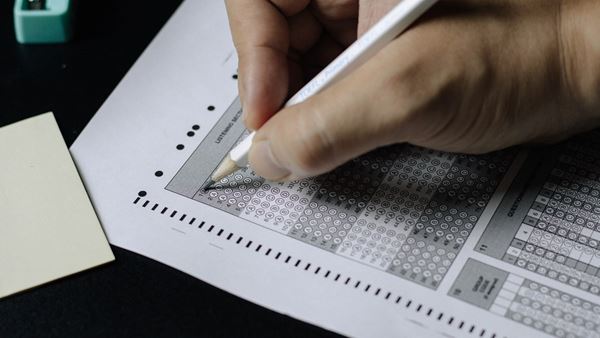Med School Admissions: Situational Judgement Tests Explained
As you have gathered from my many posts, applying to medical school is a major undertaking. There is the work before the application that includes completing required coursework, exploring clinical experiences, spending time in a research lab, and, of course, taking the MCAT. Once you get to the application, it becomes a writing intensive process that includes the AMCAS application and secondary applications for each individual medical school. Once you hit submit, you are done and just waiting to see if you get an interview, right?
Nope! Or rather, it depends on the medical school.
In recent years, some medical schools have added a situational judgement test as another way to get to know applicants. Both CASPer and AAMC PREview are standardized tests which provide scenarios that are designed to learn what decision the applicant would make, and why they would make that decision. CASPer is administered by a private company and AAMC PREview is administered the Association of American of Medical Colleges (AAMC).
By design, you cannot prepare for these exams like you might for the MCAT. Instead, you should focus on understanding the test format and seeking out sample questions on the exam’s website. By understanding the format, you will feel more confident and be better prepared to answer the questions.
And now for the ultimate question: How do medical schools use the results in their process?
It is a clear choice on the part of the medical school to recommend or require these exams. That means they hold value in their review process. The exact value within their evaluation process can vary from school to school. It is worth visiting the school’s admissions website to see if they share how they use the exam in their review process. Ultimately, it is another tool they feel helps them understand you as an applicant before they decide if they are going to invite you for an interview.
It is crucial to sign up and complete these tests early. As you research medical schools, take note of their requirements, and sign up for any situational judgment tests by the end of spring.






